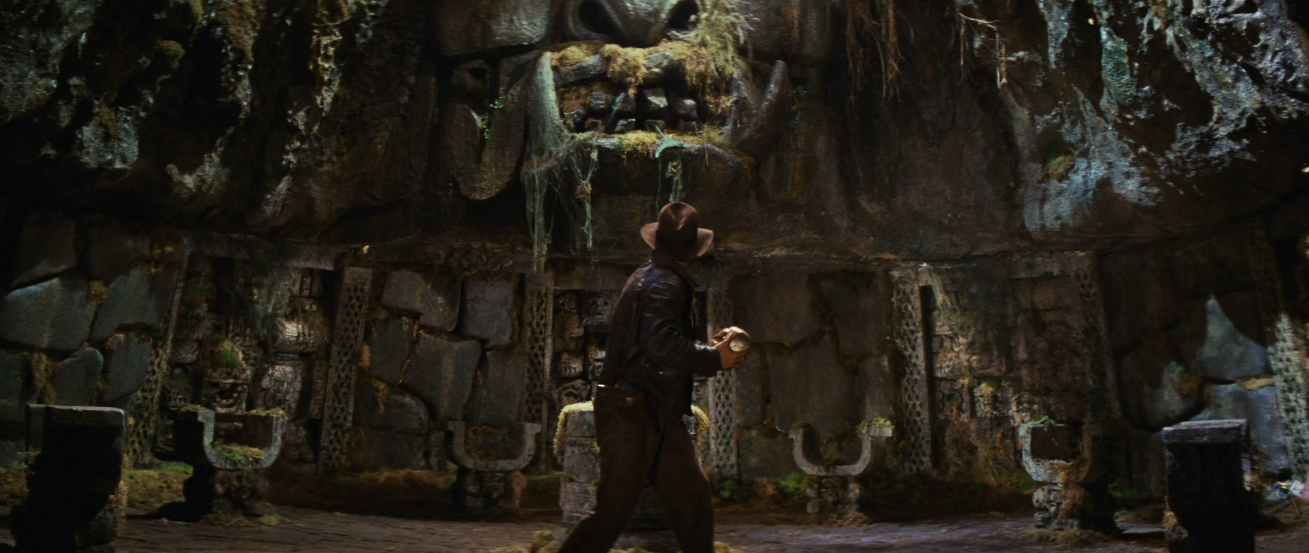I guess it was a favorite game at the time, but there was one particular AP in Pathfinder 1e that had some issues for us: Shattered Star. It played fast and loose with some mechanics that caused a few, “Wait, what?” moments.
For example, in K9 of Curse of the Lady’s Light, there is a man who is described as a “charmed minion”. He’s described as having been forced to do all these things, but the strongest magic that could have been used against him is charm monster, which is not mind control. What finally pushed us over the edge was the encounter in B4 of the Under City in The Asylum Stone. It had some variant binding effect that of course made it attack the PCs.
At the time, we were viewing the mechanics as something like the game’s physics, so things were supposed to happen certain ways as a consequence of that. Having the adventure treat them so loosely was too much. We stopped at that B4 encounter, talked it through, and decided to stop playing the AP. I ended up running some other games for a while. I don’t think I did another Pathfinder AP again after that, though I think I did run The Dragon’s Demand, which was okay.
For example, in K9 of Curse of the Lady’s Light, there is a man who is described as a “charmed minion”. He’s described as having been forced to do all these things, but the strongest magic that could have been used against him is charm monster, which is not mind control. What finally pushed us over the edge was the encounter in B4 of the Under City in The Asylum Stone. It had some variant binding effect that of course made it attack the PCs.
At the time, we were viewing the mechanics as something like the game’s physics, so things were supposed to happen certain ways as a consequence of that. Having the adventure treat them so loosely was too much. We stopped at that B4 encounter, talked it through, and decided to stop playing the AP. I ended up running some other games for a while. I don’t think I did another Pathfinder AP again after that, though I think I did run The Dragon’s Demand, which was okay.








